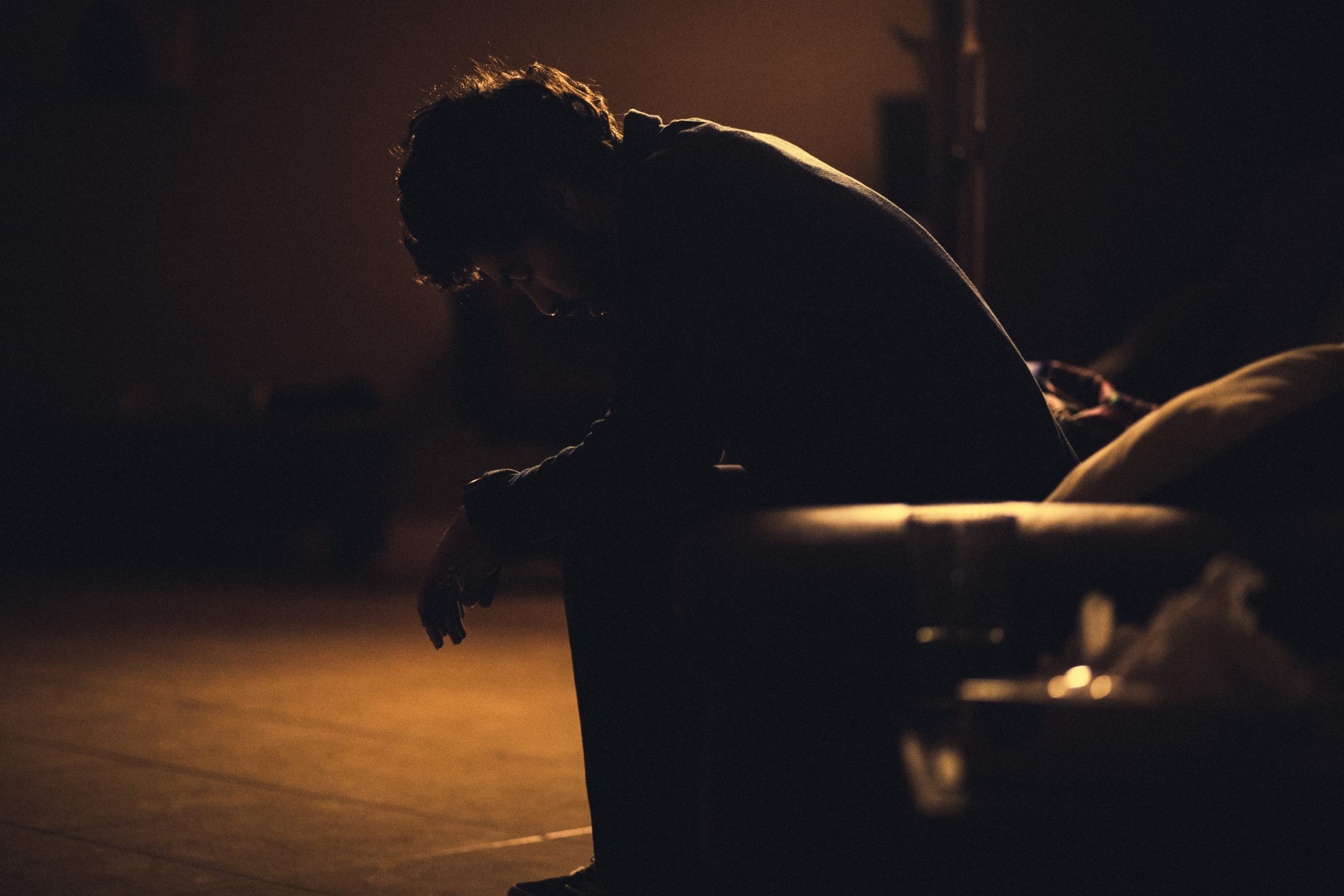
Lauren Dempsey, MS in Biomedicine and Law, RN, FISM News
[elfsight_social_share_buttons id=”1″]
Abortion has been at the forefront of national debate since the Supreme Court of the United States overturned the landmark 1973 Roe v. Wade decision last year.
Many pro-abortion activists believe that this conversation is one that can only be had by women because it can only be experienced by women. However, a new white paper report from Support After Abortion titled “Abortion’s Long-Term Negative Impact on Men” found that abortion also impacts men’s mental health.
The researchers found that 83% of men, regardless of the views on abortion, either sought help or said they could have benefited from talking to someone after an abortion, but only 18% were aware of organizations that provide care after reproductive loss. Seventy-one percent of men said they experienced changes such as depression, anger, regret, grief, panic attacks, and a lingering emptiness.
Support After Abortion, a nonprofit organization that works helps people impacted by abortion find personalized care, conducted a national survey that included 1,000 adult men. One hundred men in the survey met the criteria of having experienced an abortion at some point in time and were willing to participate in the study.
The study found men often play a very small role in their partner’s decision to have an abortion and about 45% of men reported that they had no voice or choice in their partner’s abortion decision.
According to the survey, pro-life men were more likely to experience an adverse change in themselves after abortion, but the results indicate that around 60% of men who identified as “pro-choice” felt they were adversely affected. Additionally, 51% of men sought help after an abortion and another 31% did not seek help but felt that it could have been helpful.
The three challenges men face in finding support are lack of awareness of where to go for support, lack of resources and providers, and lack of options.
Fifty-one percent of men said that they would prefer a licensed counselor, 49% preferred a peer that had a similar experience, 70% said that they would value anonymity when seeking help, and 49% of all men would prefer a secular approach to healing, although 95% of support programs are religious. Only 7 percent of men said they would reach out to a clergyperson for support.
The men’s abortion study is one of four surveys conducted by ShapardResearch for Support After Abortion and aims to discover who needs help and the most effective ways to provide support to those who are hurting. According to a study from the National Survey of Family Growth, one in five men will have been involved in making a decision to have an abortion before the age of 45.
While men experience negative effects after a partner has an abortion, this is an issue that directly impacts women. A 2018 literature review found that a significant amount of research has identified an association between abortion and higher rates of anxiety, depression, substance use, traumatic symptoms, sleep disorders, and other negative outcomes” for women.
A 2017 survey that included 987 post-abortive women found that 67% of participants reported seeking help from a psychiatrist, psychologist, or counselor after their first abortion and just under 32% expressed that there was no “personal benefit” gained from terminating the pregnancy. More than 20% of women did not respond to some of the questions, however 14% experienced depression and guilt, 12% felt self-loathing, 10% felt shame, 9% experienced addiction issues, and 6% had suicidal ideations post-abortion.
In 2020, the Centers for Disease Control and Prevention (CDC) reported that there were 620,327 abortions performed, a 2% decrease from 2019. Women in their 20’s accounted for almost 60% of abortions and 93% occurred within the first 13 weeks of pregnancy. The majority of women who had abortions in 2020 were unmarried, accounting for 86%, while married women accounted for just 14% of abortions.
